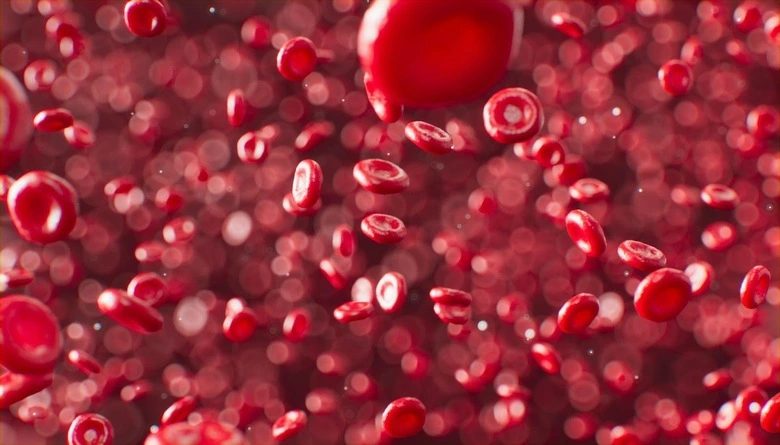
Table of Contents
Introduction
Cord blood banking is one of the most prolific tactics in the medical industry right at this moment. It is not new but an emerging strategy in the healthcare industry. Not many people are aware of cord blood banking, while it has been around since the late 1980s. The reasons are ignorance, lack of proven studies, and lack of credibility.
However, the 21st century is an era of technological revolution, and it knows how to develop. Innovation is the key scope in this era, and the healthcare industry is trying to boost its attributes depending on innovation. One such innovation is cord blood banking and its prominence. While many organizations are trying to develop dedicated cord blood banking, the government in many areas is also contributing to the unique storage process.
Well, what is cord blood banking? It is basically the storage of cord blood collected from the umbilical cord of the baby and the placenta of a mother. The chance of collecting cord blood is once in a lifetime. It is only possible just after the birth of a new child.
However, cord blood banking is something that many people miss due to a lack of courage and knowledge. Don’t worry! Here, we will focus on some common concerns regarding cord blood banking and its critical FAQs. Everything you need to know is here!
Common Myths Regarding Cord Blood Banking

Cord blood banking comes with different perspectives and purposes. However, the main concern is to save lives with a once-in-a-lifetime chance. So, you need to be clear about some concerns with cord blood banking to remove confusion from your mind.
Cost
Cord blood banking is not an affordable option for any middle-class people if they do not know bypasses. However, the costs of processing, testing, and storing processes in private banks are sky-high and are not possible for all to cover.
But if you have a family history of genetic disorders, it can be worse in the future, and here comes the importance of cord blood banking covering all its costs. If you want to keep your family safe, it can be a useful investment with offers.
Availability
Private cord blood banking is available in many places for any patient with transplantation needs. However, not every hospital is associated with public cord blood banks. It depends on the place and the facilities provided by the hospitals.
Storage

Cord blood banking is safe until it follows storing standards associated with public banks. Private banks focus on their storing process better so that they can share it whenever you need.
Collection
Many people are in threat of a cord blood banking collection process. Well, thanks to the expert process, there is no risk. Collecting the umbilical cord of a baby is super smooth with zero pain.
Interestingly, this small collection can lead to saving a sick life in the future.
Notable FAQs
Here, you will find some prominent answers to the questions that we commonly have regarding cord blood banking.
Is Storing Tissues As A Source Of Stem Cells Possible By UCB Banks?
Storing Wharton jelly, cord tissue, and dental pulp is not legal at this stage. You can only store umbilical cord blood (UCB) to the banks with permission.
Where Can One Complain Against The UCB Banks?
Are you facing difficulty with cord blood banking service?
Well, you have the button of complaint to treat bad service providers. With any cord blood banking issue, you can simply register your complaint to the zonal offices of CDSCO. Well, you might need a copy of the proof. You can also move to consumer court if needed.
What Types Of People Are Choosing To Have The UCB Banked?
Notably, the cost of cord blood banking is high. So, it is possible mostly for the metro urban class people who have initial money to store.
Nowadays, with offers and UCB banking prominence, upper-middle and middle-class people from small towns are also getting engaged with this process.
Is There Any Scientific Credibility For Future Self-Use of Storing UCB?
American Academy of Pediatricians, American College of Obstetrics and Gynecology, American Society for Blood and Marrow Transplant, European Group on Ethics, and American Medical Association do not recommend cord blood banking with future self-use with private banks.
Why?
Well, the chances of HSCT (hematopoietic stem cell transplant) treatment with stored cord blood is between 0.005 and 0.04% in 20 years. Apart from that, transplantation with genetic disorders is not possible.
So, the chances are very low if you see it from a broader point of view.
However, if there is a family history of genetic conditions or malignant disease, it can lead to HSCT.











Leave a Reply